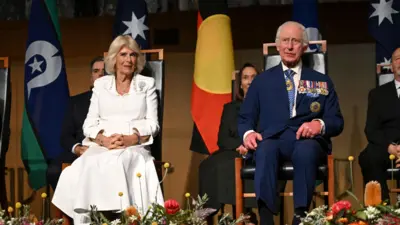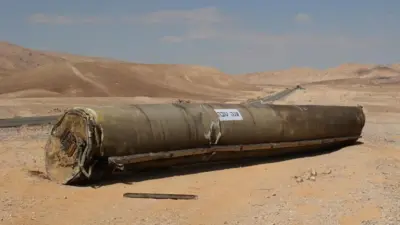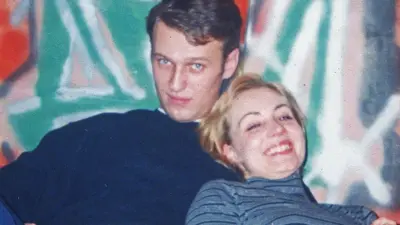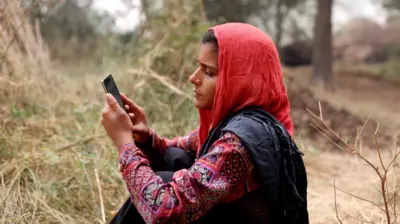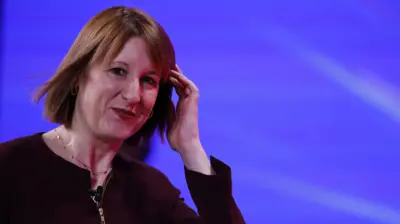We've updated our Privacy and Cookies Policy
We've made some important changes to our Privacy and Cookies Policy and we want you to know what this means for you and your data.
Sao Paulo crack addicts face obligatory treatment
Officials in the Brazilian city of Sao Paulo are to begin making people addicted to crack cocaine get treatment.
A new law allows mandatory treatment for drug users in "advanced stages of addiction" and at risk of death.
Social services, not police, will identify potential patients on the streets, the state government says.
A similar policy already targets addicted minors living on the streets of Rio de Janeiro.
Brazil is the world's biggest market for crack cocaine with more than million users, according to a recent Brazilian study.
Last year, in a controversial move, the authorities tried to remove crack addicts from a Sao Paulo district known as Cracolandia, but a year on hundreds of drug users can still be found in the streets.
Critics say mandatory intervention can only work if backed by a rigorous prevention policy and could easily be a pretext for cleaning up the streets.
'Extreme cases'
But authorities in Sao Paulo say police will only be deployed where necessary and that the measure will save lives.
"These are extreme cases, and we cannot just let people die," Eloisa de Sousa, Sao Paulo's justice secretary, told the AFP news agency.
Two years ago, the Brazilian government launched a multi-million dollar programme to tackle what it called the epidemic spread of crack.
Under the plan, 4bn reais ($2 bn; ВЈ1.2bn) was to be spent on prevention, care and policing by 2014.
The federal money was to be channelled to state governments with both sides sharing the costs of the programme.
Recent reports in the Brazilian media, however, say that only half of Brazil's 26 states have started their own programmes under the federal plan.
Sao Paulo and Rio de Janeiro have already signed up for it.
Brazil's Congress is expected to vote on a bill in the coming months that would increase penalties for drug-trafficking and mandate forced treatment for crack addicts across the country.
Top Stories
More to explore
Most read
Content is not available


